Current professional thinking on cork in guest baths
mahatmacat1
12 years ago
Related Stories
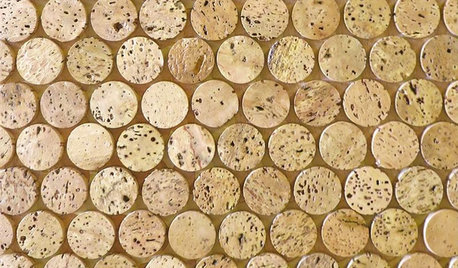
PRODUCT PICKSGuest Picks: Put a Cork in It
Buoyant, fire-resistant cork is popping up everywhere these days. Check it out on furnishings, finishes, accessories and more
Full Story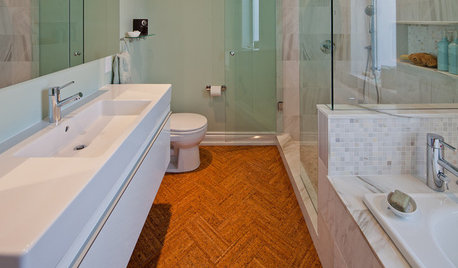
FLOORSWill Cork Float for Your Bathroom Floor?
Get the facts on advantages, disadvantages, costs and installation to see if a cork bathroom floor is right for you
Full Story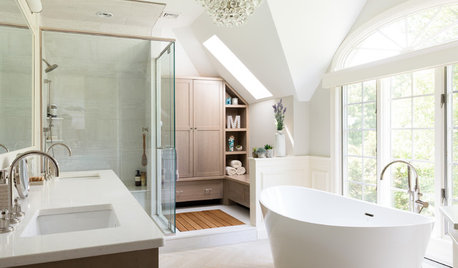
BATHROOM WORKBOOKStandard Fixture Dimensions and Measurements for a Primary Bath
Create a luxe bathroom that functions well with these key measurements and layout tips
Full Story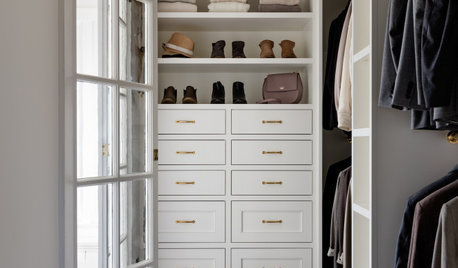
ORGANIZINGProfessional Tips for Organizing Your Clothes Closet
As summer draws to a close, get expert advice on editing and organizing your wardrobe
Full Story
KITCHEN DESIGN16 Practical Ideas to Borrow From Professional Kitchens
Restaurant kitchens are designed to function efficiently and safely. Why not adopt some of their tricks in your own home?
Full Story
DECORATING GUIDESDiscover the Unstoppable Advantages of Cork for the Home
Look beyond wine stoppers to see cork's ecofriendliness, durability, fire resistance and antimicrobial nature for all kinds of home products
Full Story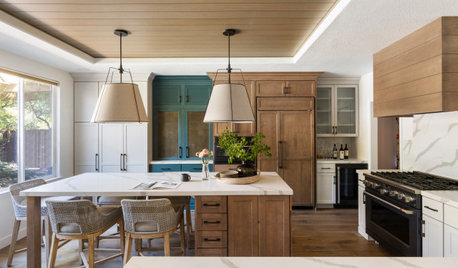
WORKING WITH PROS6 Reasons to Hire a Home Design Professional
Doing a construction project without an architect, a designer or a design-build pro can be a missed opportunity
Full Story
INSIDE HOUZZData Watch: Home Renovation Professionals Bullish on 2016
Two new Houzz reports show that 2015’s confidence is continuing this year — but professionals still face several business challenges
Full Story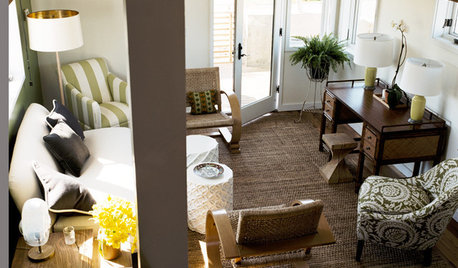
SMALL SPACESDownsizing Help: Think ‘Double Duty’ for Small Spaces
Put your rooms and furnishings to work in multiple ways to get the most out of your downsized spaces
Full Story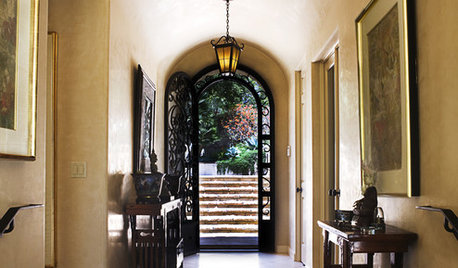
ARCHITECTUREThink Like an Architect: How to Work With a Design Wish List
Build the home of your dreams by learning how to best communicate your vision to your architect
Full Story


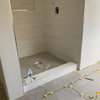
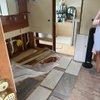
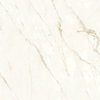
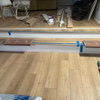
live_wire_oak
PIDFloorsexpress
Related Professionals
Apple Valley Flooring Contractors · Arlington Heights Flooring Contractors · Camp Verde Flooring Contractors · Chandler Flooring Contractors · Eldersburg Flooring Contractors · Hazleton Flooring Contractors · Maltby Flooring Contractors · Oakdale Flooring Contractors · Santa Cruz Flooring Contractors · Saugus Flooring Contractors · Shaker Heights Flooring Contractors · West Islip Flooring Contractors · Foothill Ranch General Contractors · Irving General Contractors · Schertz General Contractorsmahatmacat1Original Author
Boulder_Outpost